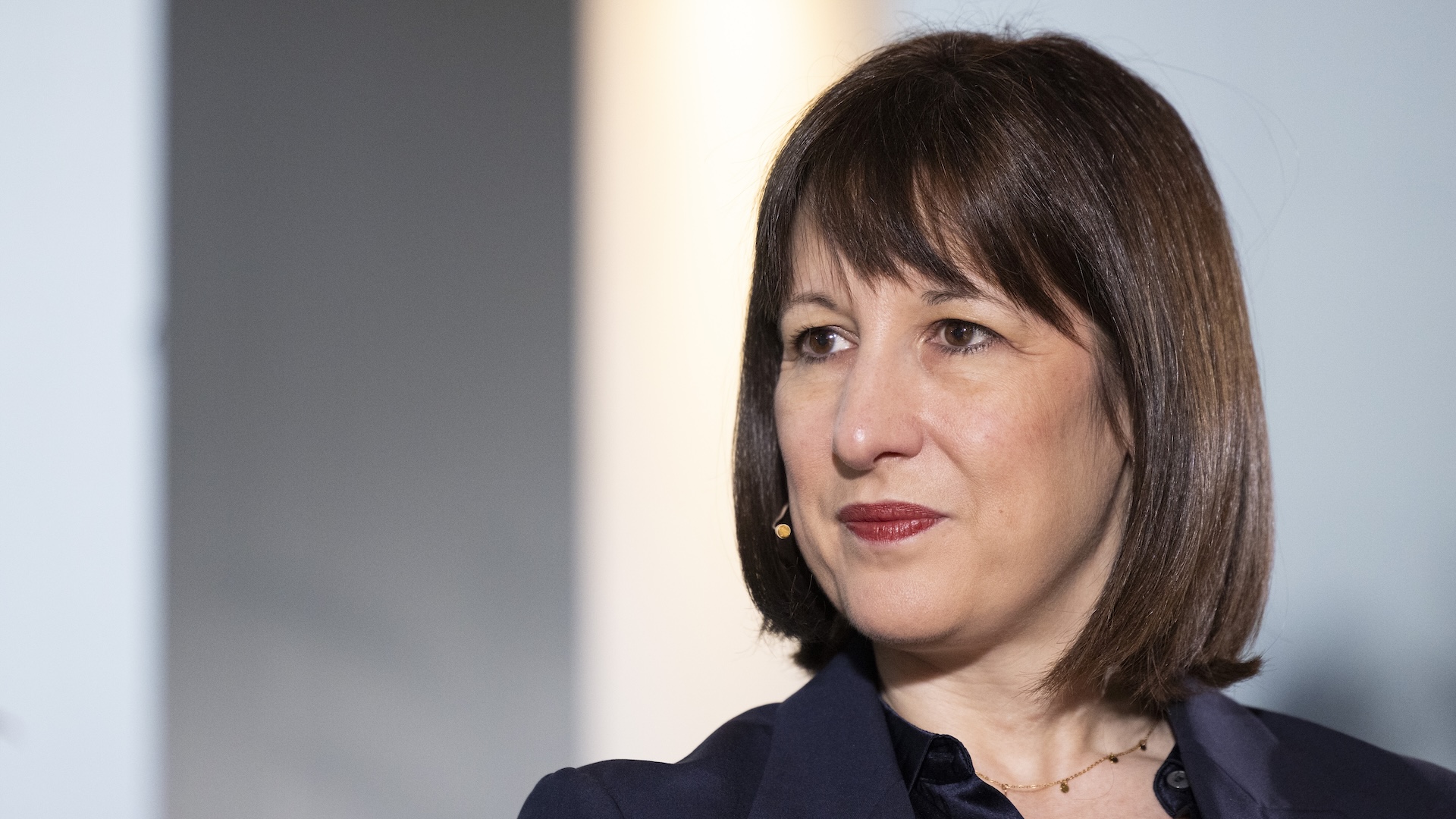As Labour prepares to cut billions from the welfare budget and push employment rates up to 80% from the current 75%, many people living with bipolar are feeling anxious. Welfare reforms often fail to consider the specific needs of people with serious mental illnesses like bipolar, and this anxiety is only compounded by dismissive rhetoric about self-diagnosis and ‘sick note culture’.
Former prime minister Tony Blair recently added fuel to this fire by claiming that more people are now self-diagnosing mental health conditions and putting additional strain on already overstretched services. These kinds of comments not only increase stigma but also distract from the real issue: people with bipolar aren’t getting diagnosed in the first place.
As a charity, we are concerned that many people living with bipolar are being neglected due to a systemic lack of focus on condition-specific treatments.
Bipolar is a severe mental illness characterised by significant and sometimes extreme changes in mood and energy, which go far beyond most people’s experiences of feeling a bit down or happy. Manic episodes involve elevated or irritable mood, increased energy and a reduced need for sleep, while depressive episodes are characterised by feelings of sadness, hopelessness and a loss of interest in activities.
Bipolar can have a significant impact on someone’s ability to work and live independently, costing the UK economy £20bn a year. People with bipolar want to work but, without the adequate support to stay well enough, many become trapped on benefits.
- ‘I’m terrified’: Disabled and mentally ill people share harrowing experiences of benefits system
- ‘We get sick, Meta get rich’: Why the ‘guinea pig generation’ wants Labour to tax social media giants
- ‘Vulnerable’ young mental health patients discharged into caravans, B&Bs and onto the street
The debate around welfare reform is missing a crucial point: the rapid expansion of disability benefits for mental illness is a direct consequence of the NHS’s failure to diagnose and treat these conditions in a timely manner.





